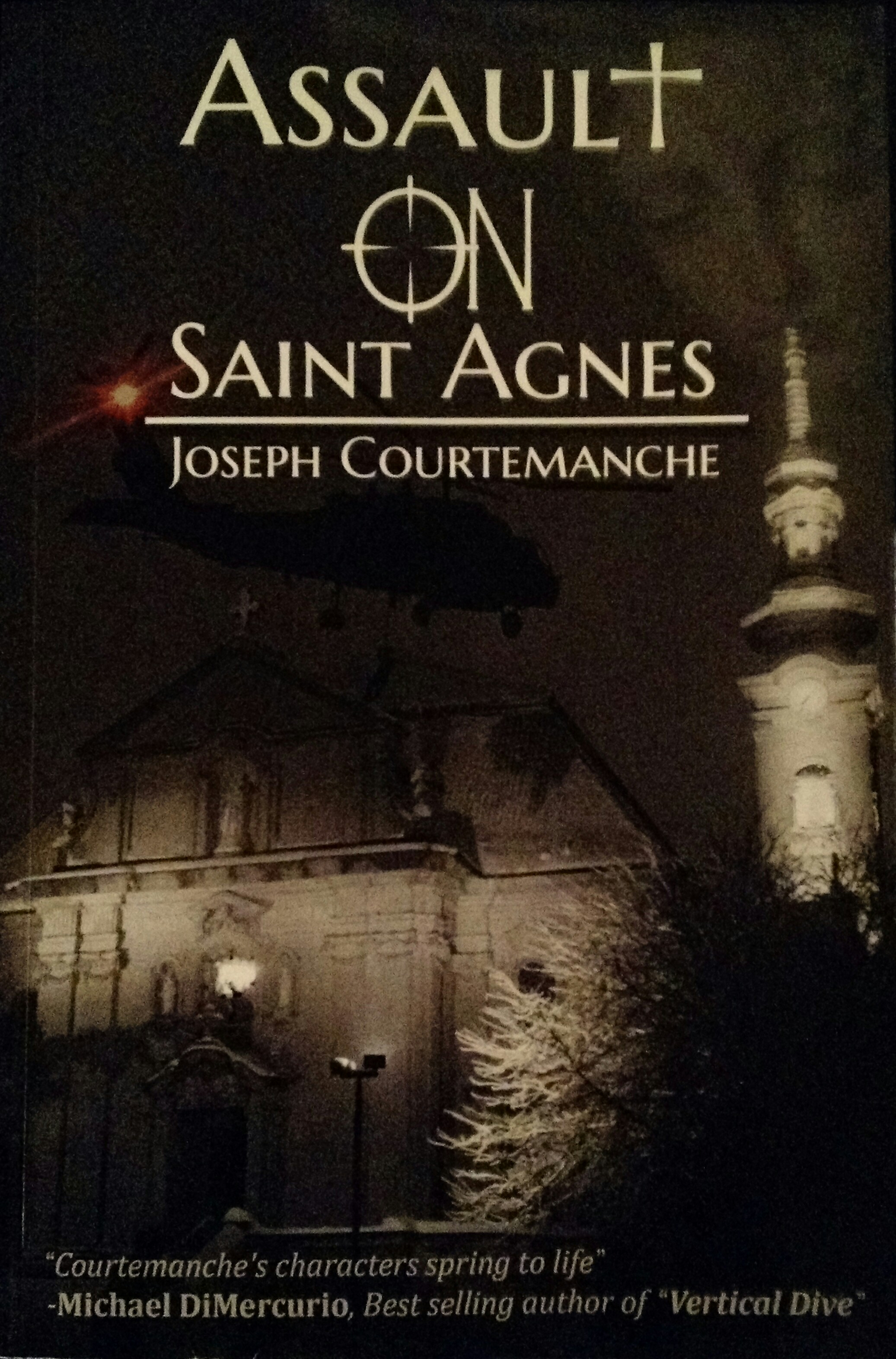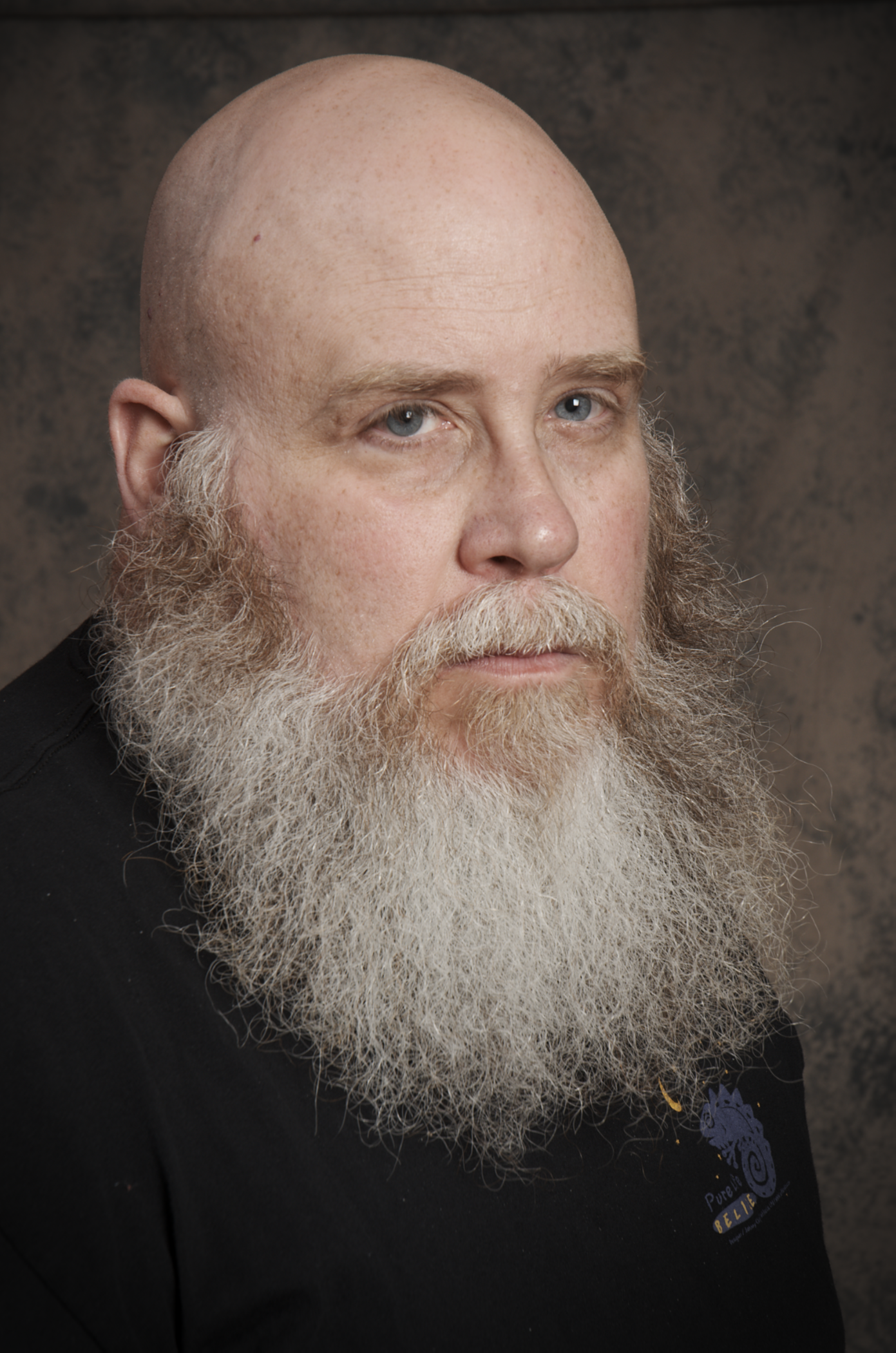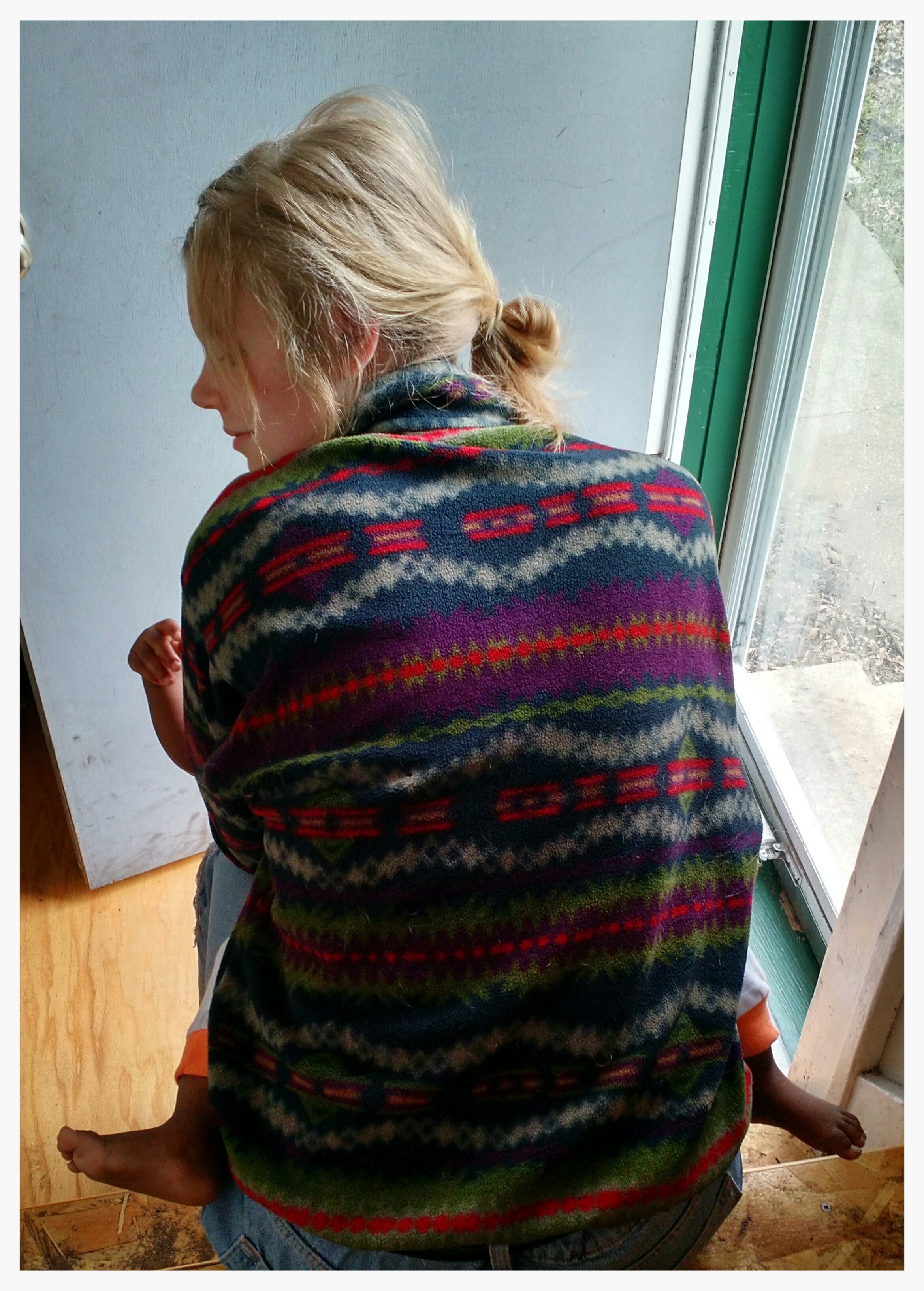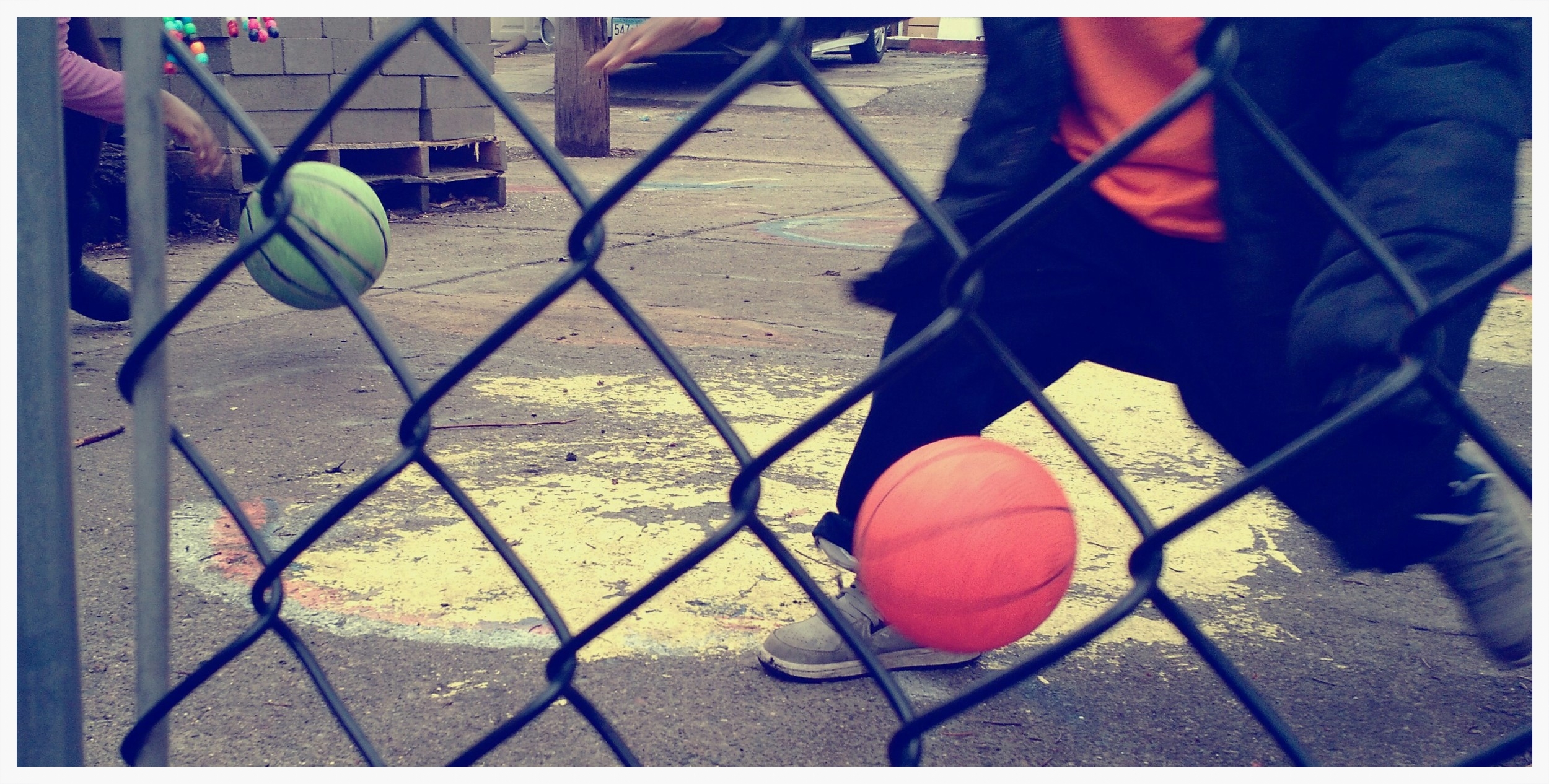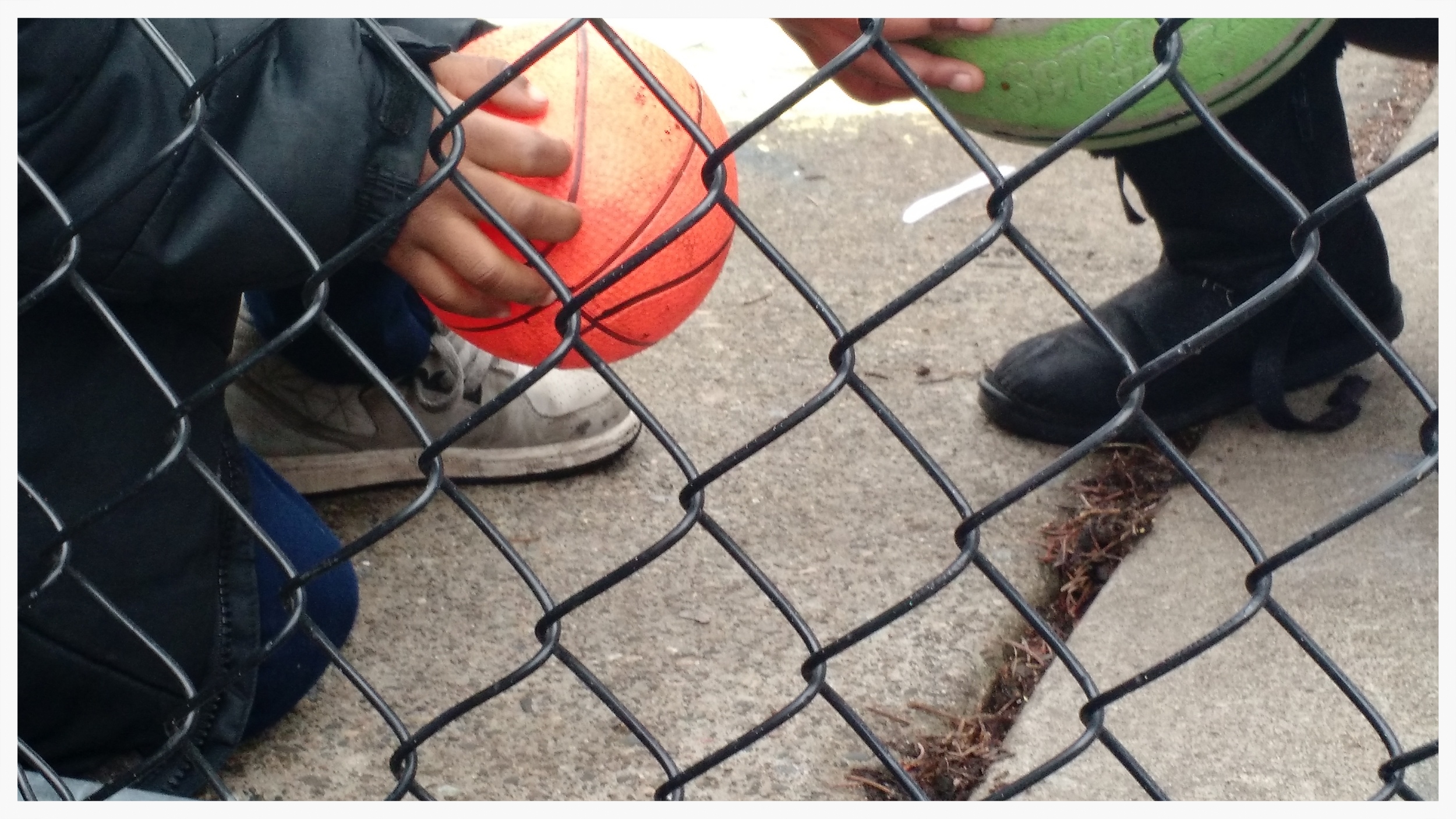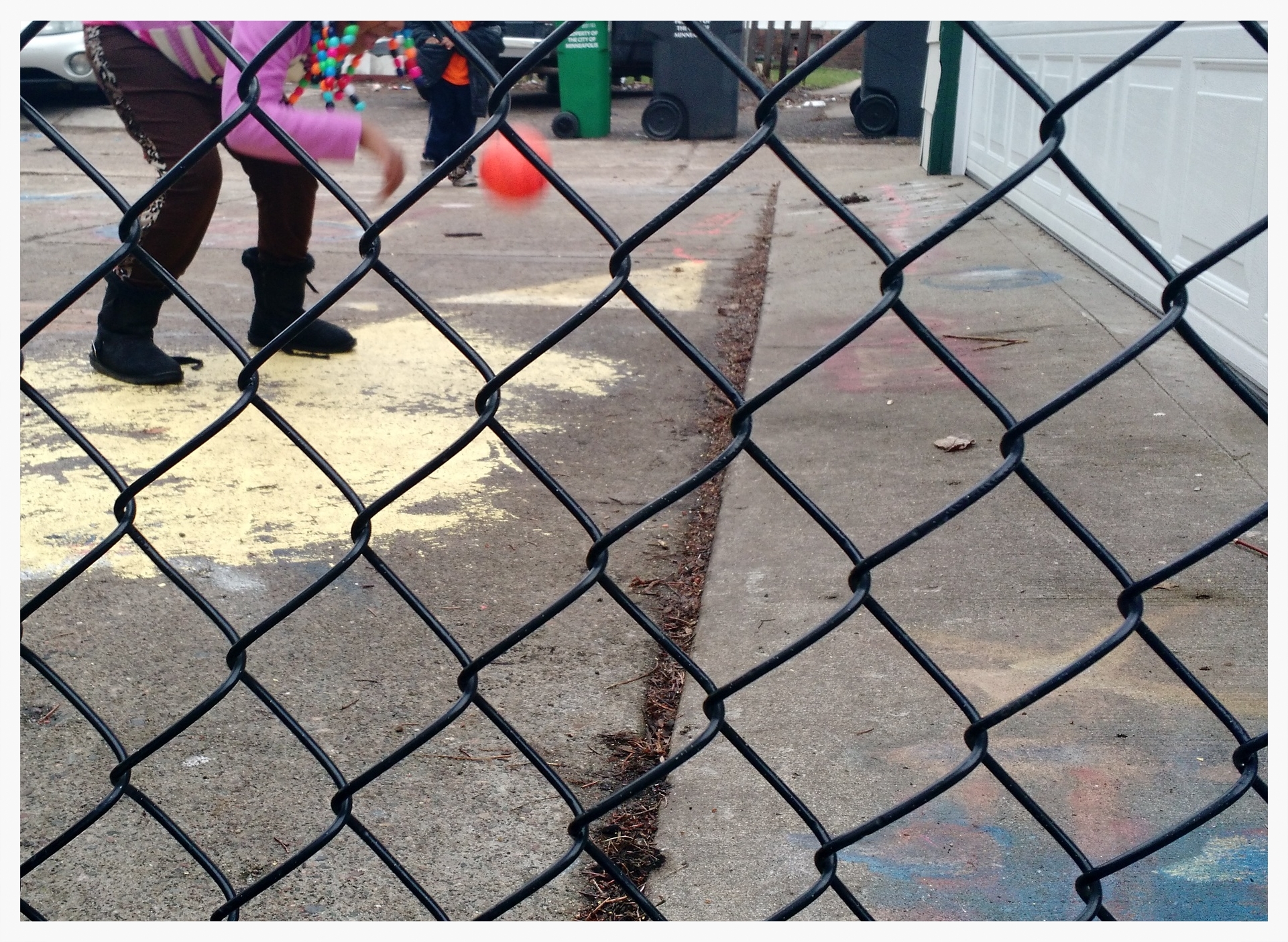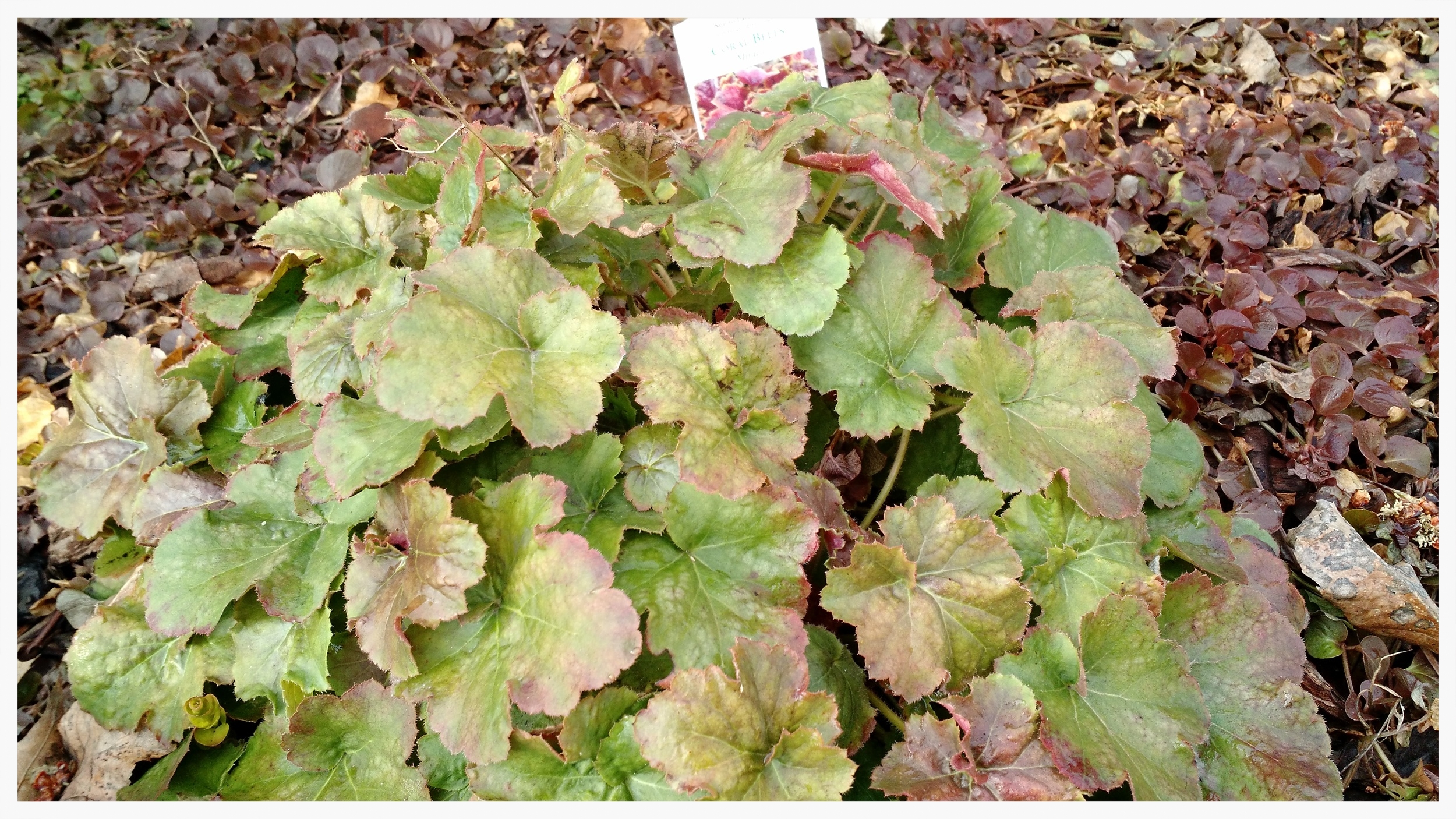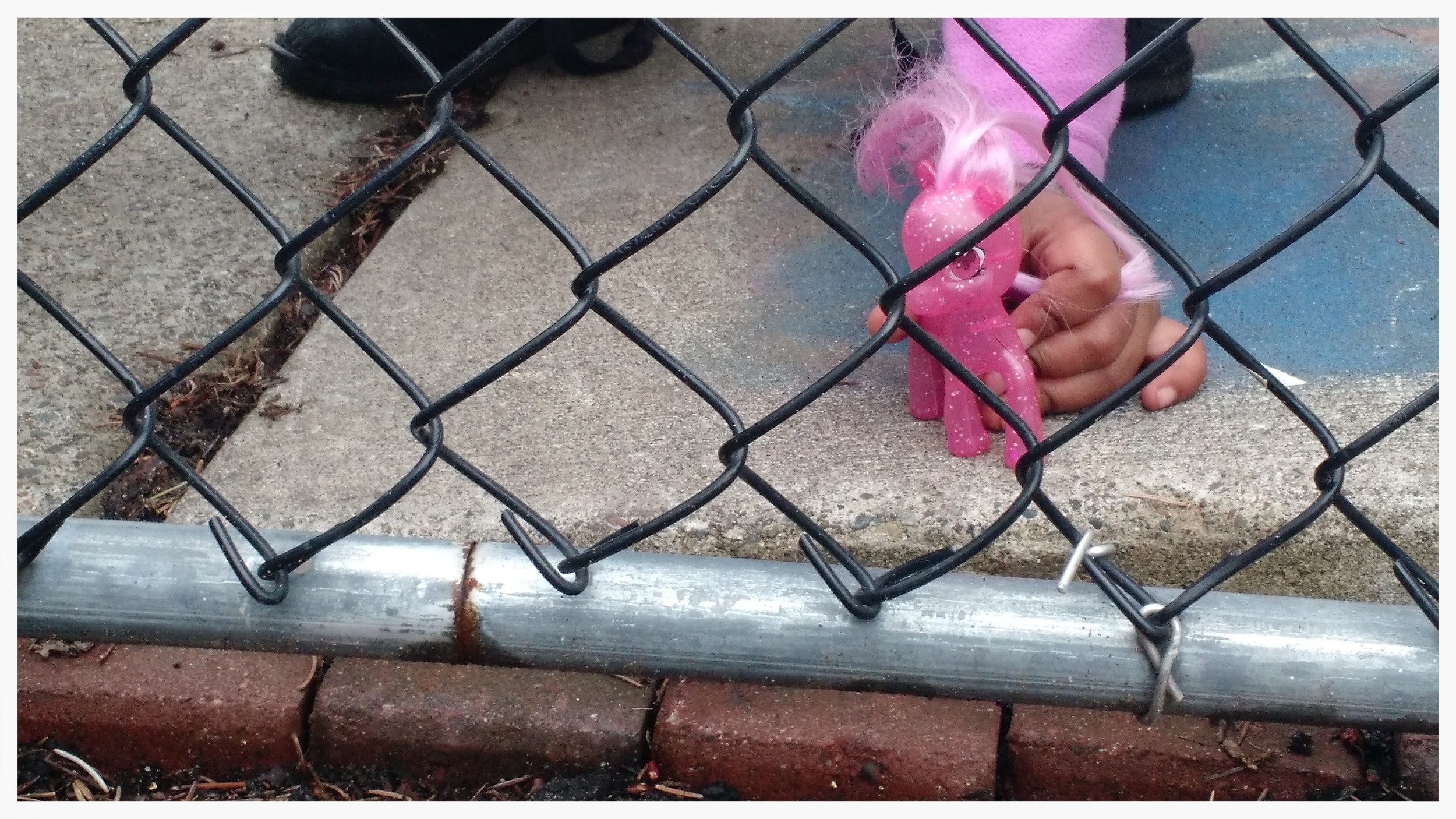Fourteen years ago, when episodes of “Veggie Tales”, sippy cups of apple juice, orchestrated naps, and jaunts to the park defined our days, I shook up the summer schedule and planned a visit to Grandma and Grandpa’s house. Back then, we only had Flicka and Ricka, and they were both in diapers, but Husband would join me on the trip this time, and the thought of the extra help eased the tension from my neck.
When my man returned home from work the day of our departure, we buckled the babies into their car seats and set out on the six-hour trek to northern Minnesota. But only three hours in, the girls started fussing.
“I think they’re getting tired of sitting,” I said.
Husband adjusted the radio and wrinkled his nose. “Smells like someone needs a new diaper.”
I glanced into the back and sniffed. “I think you’re right. Let’s stop soon.”
The car gobbled up the miles as we scanned the landscape for a rest stop. The stench increased, and the girls’ squawks became strident. I reached back to play with their toes, but when Ricka pumped her legs, I saw something dark seep from her diaper.
I gasped and turned to Husband. “You’ve gotta pull over right now.”
He shot me a look. “Why?”
“Apparently she’s not feeling well.” I described the scene.
He flipped on the blinker and swerved onto an exit for Fergus Falls. After surveying the options just off the ramp, he careened into the parking lot of a Walmart.
As soon as Husband threw the vehicle into park, I bailed and yanked open the back door on Ricka’s side. He turned off the ignition, hopped out, and opened the other door to check on Flicka. I unclasped Ricka and lifted her out, holding her at arm’s length. Her car seat was a soupy mess.
“Uh oh.” The sight triggered my gag reflex. “I’m gonna need some help.”
Husband peeked into Flicka’s diaper. “Whoa. Same thing here.” He unbuckled her, and his face contorted. “It’s bad.”
As he pulled her out, sickness poured from her diaper too.
Frantic, I darted a look around the car, taking inventory. An old bath towel, some wet wipes, a battered roll of paper towels shoved under a seat—a pittance when what we really needed was a bathtub. Or a garden hose.
“Where to start?” I looked from the car seats to the girls—and back again.
Husband bunched his lips to one side. “Let’s lay them on the ground and clean them up.”
“Okay.”
With Ricka in one arm, I tossed the diaper bag onto the pavement and then grabbed the towel and spread it on the parking lot’s asphalt. Only a few cars were parked nearby, so thankfully, we wouldn’t perform for a big audience. Daylight flirted with the encroaching darkness, though; dusk was upon us, so we would need to make quick work of the mess while we could still see.
I set Ricka on the towel, and Husband planted Flicka next to her. The girls tried to squirm away. Then I noticed Husband’s shirt, smeared from the rescue effort, and I gagged again.
“Come on.” He cocked his head and skewered me with a look. “Pull it together.”
I coughed and bit my lip. “I’m trying.”
I flipped open the lid of wet wipes and jerked out a string of seven. Was that all we had left? I let out a bitter laugh; our battle appeared as fruitful as sopping up the sea with a Kleenex.
Husband lapsed into commander mode. “You go in and buy more wipes. I’ll try to keep these two from rolling around in it. Go.”
I nodded, jumping to my feet. Stumbling into the store, I forced myself to think about the Twinkies on display inside the front door instead of the hopeless filth I had just deserted. I took a deep breath, jogged to the baby department, scooped up a load of wipes and some hand sanitizer, and hurtled through the checkout line, tossing my debit card at the cashier.
In the dim light outside, Husband and I hurried to wipe down the girls. I rifled through their bags for clean clothes and new diapers in a race against time and muck.
An older woman approached. Her face twisted into a smile, and she snorted. “Been there, done that,” she said as she clipped by us. I heard one more chuckle before she disappeared inside the store.
Husband and I looked at each other. He shook his head.
“Real nice, lady,” I muttered.
At last we climbed back into the car and chugged onward. The hours passed, the little ones slept, and the long miles smoothed away our parking lot trauma. And as soon as we arrived at our destination, I made a beeline for the laundry room. Husband accompanied me to lend a hand, and together—in the bag of yuck—we found what we had been missing earlier.
Wadded up in that ball of soiled laundry were our senses of humor, and we were happy to see them again.
*Miss an installment of the blog? Or want to catch the story from the beginning? Visit http://www.tamarajorell.com/blog-entries-by-date
*Names in this blog have been changed to protect my family, neighbors, and friends in the neighborhood, and in a nod of appreciation to the beloved Swedish author Maj Lindman, I’ve renamed my three blondies Flicka, Ricka, and Dicka.






